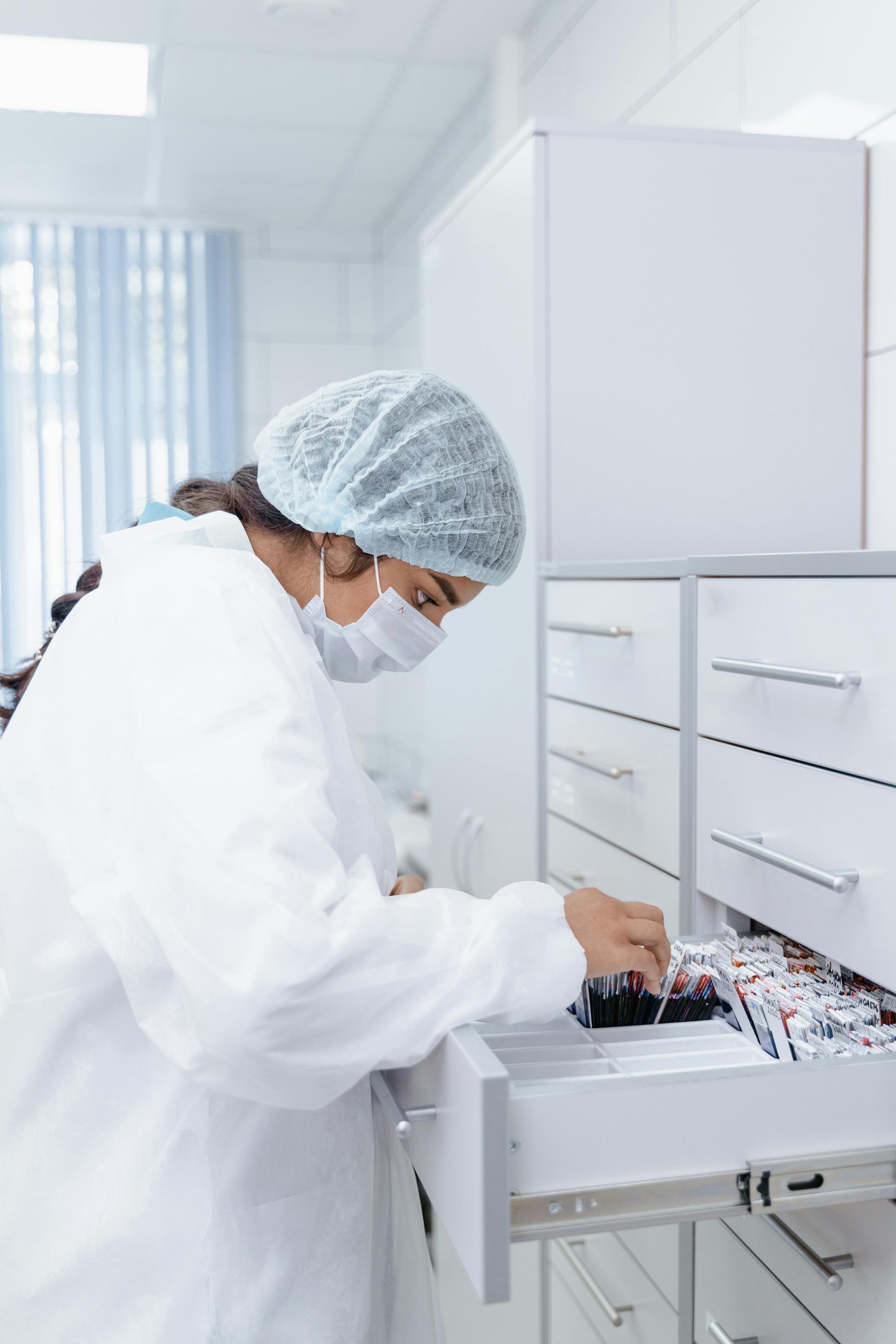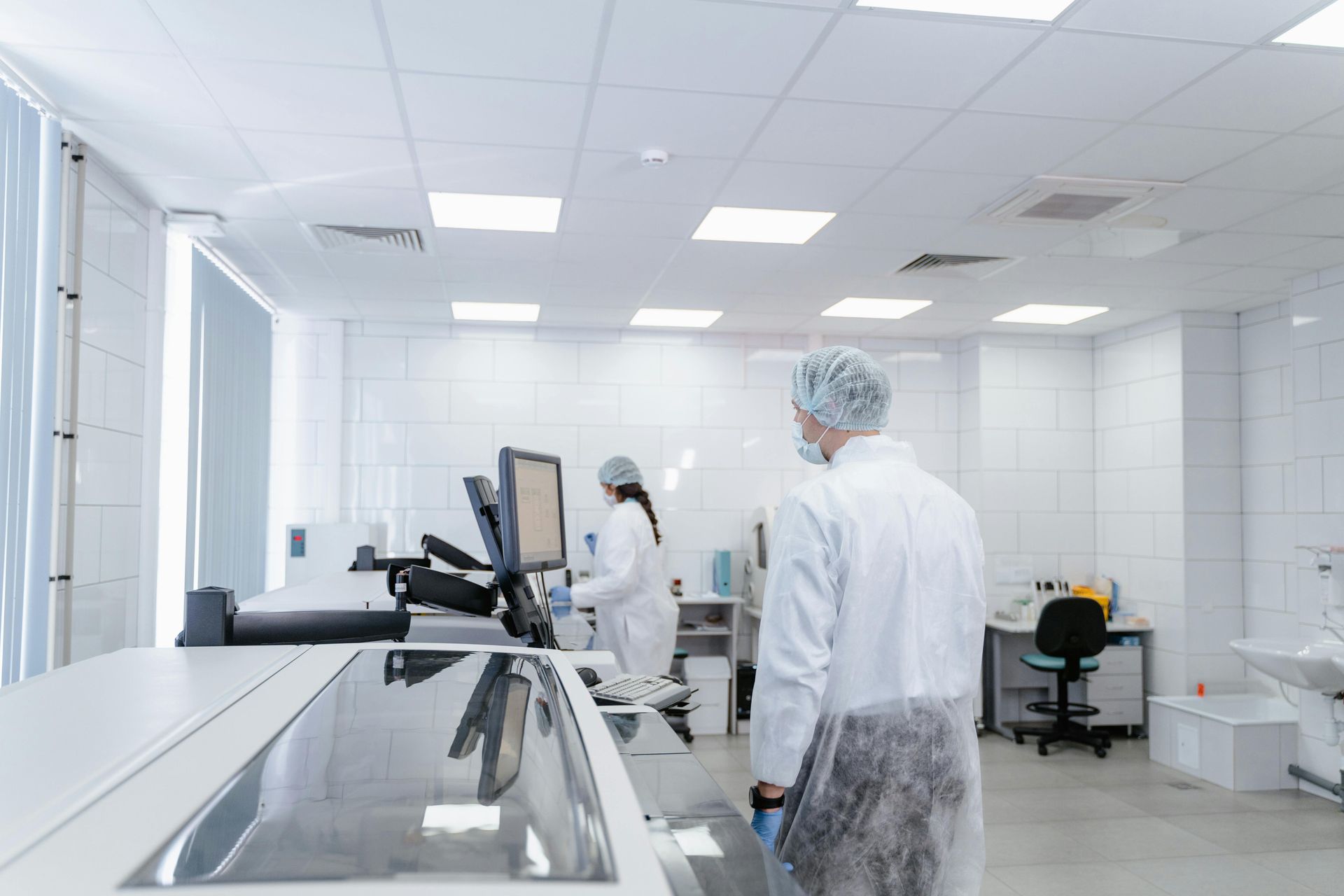How Coronavirus May Change the Way We Approach Pharmaceutical Supply Chains
The well-publicized coronavirus (COVID-19) in China has generated much public anxiety, and even panic, over the spread of the disease. But in addition to the virus itself, we should also think about its effects on commerce and domestic policy in the United States.
Early reports have indicated that the virus may lead to a shortage of more than 150 drugs, highlighting a major weakness in the pharmaceutical supply chain. China is a large supplier of active pharmaceutical ingredients (APIs). However, their production capacity could be halted should the virus continue to spread.
Many tech giants with factories and facilities in China face shortages and reduced output as a result of the coronavirus. Consumer electronics, a multi-billion dollar industry, is even at risk. For example:
- Samsung has recently attempted to shift components for its smartphones into Vietnam.
- Apple delayed the production of additional AirPods, one of its best-selling products.
- Bosch’s CEO has expressed concern about the supply chain in China, the source of most of the company’s employees next to Germany.
How Is Coronavirus Affecting the Pharmaceutical Industry?
Pharmaceutical supply chains feel the effects too. Many pharmaceutical and medical industry companies rely on China for APIs, manufacturing, and other essential components.
The FDA has recently found that the virus threatens shortages for over 150 different prescription drugs, which include antibiotics and other medicines without alternatives. The FDA commented on the potential shortage, noting that they are "keenly aware that the outbreak could impact the medical product supply chain.”
In response, they have allocated additional resources to further identify potential vulnerabilities that the U.S. may be exposed to should China experience a decrease in production capacity.
The Trump Administration has taken notice too of this trend too, with one key official calling for large corporations to develop supply chains within the U.S.
This is a wake-up call for an issue that has been latent for many years but is critical to U.S. economic and national security,” said White House Assistant to the President and Director of Trade and Manufacturing Policy Peter Navarro.
If we have learned anything from the coronavirus and swine flu H1N1 epidemic of 2009, it is that we cannot necessarily depend on other countries, even close allies, to supply us with needed items, from face masks to vaccines,” he added.
The administration continues to support efforts to develop drugs and vaccines for the virus, as well as provide safety measures like facemasks. Various pharmaceutical manufacturers around the nation have made progress, but it may still take many months for a tangible cure.
The FDA has also worked with hundreds of medical manufacturers in the industry, as well as global entities like the European Medicines Agency, to manage the effects of the outbreak.
While there are only a few dozen cases of the coronavirus in the U.S. so far, over 75,000 identified cases have occurred in China. Medical organizations and the Trump Administration continue to improve conditions in the pharmaceutical industry and prepare the nation in the face of international virus outbreaks.
Looking for the Latest Industry Insights? Contact CfPIE Today
What are you doing to ensure that your organization is up to date with the latest information, regulations, and industry trends?
The Center for Professional Innovation and Education works with leading pharmaceutical, biotech, and medical device companies to provide them with hands-on training and insights that ensure your company is following best practices and maintaining compliance.
Are you interested in learning more about how pharmaceutical supply chains are being impacted by COVID-19? We recommend you enroll in some of the following pharmaceutical courses:
Have questions about some of the other pharmaceutical courses we offer? Please contact the CfPIE team today at 1-610-648-7550 or info@cfpie.com if you have any questions at all about the courses we offer.
Blog Categories
Stay Informed



